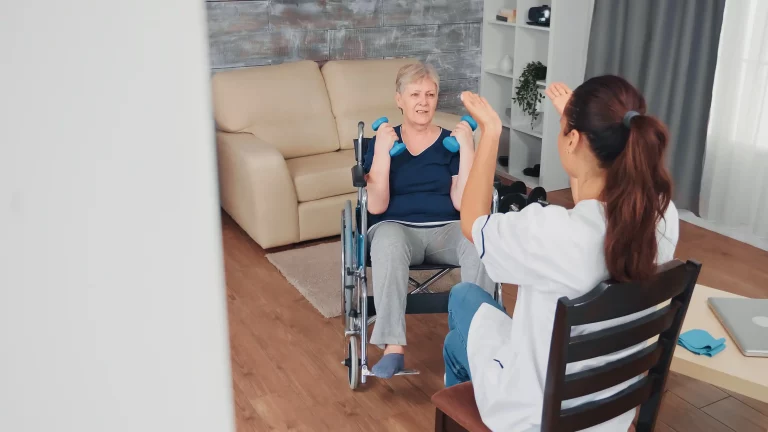Book Appointment Now

How to Handle Prescription Medications Effectively: A Guide by Priority Cares
Managing prescription medications is a crucial aspect of staying healthy, especially when dealing with chronic conditions or complex health needs. At Priority Cares, we understand how important it is to ensure your medications are taken correctly and safely. Here’s a comprehensive guide to help you manage your prescriptions effectively.
1. Know Your Medications
The first step in managing your prescriptions is understanding what you’re taking and why. Be sure to ask your doctor or pharmacist these essential questions about each medication:
-
What is the medication for?
-
How should I take it (e.g., with food, at certain times)?
-
What are the potential side effects?
-
Are there any interactions with other medications or foods to avoid?
Having this knowledge will not only help you take your medication correctly but also give you the confidence to address any concerns that may arise.
2. Create a Medication Schedule
Establishing a clear and consistent medication schedule is key. Whether you take your medications once a day or multiple times throughout the day, stick to a routine. Here are some tips to stay organized:
-
Use a pill organizer: This simple tool helps you track whether you’ve taken your medication on time.
-
Set reminders: Use your phone, watch, or a simple alarm to remind you when it’s time to take your medications.
-
Track your doses: Keep a medication log or use a medication management app to record each dose you’ve taken.
A consistent schedule helps prevent missed doses and ensures your medications work effectively.
3. Stay in Communication with Your Healthcare Team
Regular communication with your healthcare providers is essential when it comes to managing prescription medications. If you experience side effects or any changes in your condition, don’t hesitate to reach out to your doctor or pharmacist. They may need to adjust your prescription or provide advice on how to handle any issues that arise.
Additionally, it’s essential to:
-
Update your healthcare team about any new medications or supplements you’re taking.
-
Ask about generic alternatives or lower-cost options if you’re concerned about medication costs.
-
Confirm if any of your prescriptions need to be refilled or renewed before you run out.
4. Store Medications Properly
The way you store your medications can impact their effectiveness. Here’s how to store your prescriptions safely:
-
Keep medications in their original containers: This helps you keep track of important information, like dosage instructions and expiration dates.
-
Store medications at the correct temperature: Most medications should be stored in a cool, dry place, away from direct sunlight. Some may require refrigeration—always check the label.
-
Keep medications out of reach of children and pets: Always store medications in a secure place, like a locked cabinet, to prevent accidental ingestion.
5. Be Aware of Expiration Dates
Just like food, medications have expiration dates. Using medications past their expiration date can result in reduced effectiveness or even potential harm. To avoid this:
-
Check expiration dates regularly: Before refilling prescriptions, make sure your current medications are still within the expiration period.
-
Properly dispose of expired medications: Never throw medications in the trash. Instead, follow local guidelines for safe disposal, such as using a drug take-back program or disposal bins.
6. Monitor Your Health and Report Changes
It’s important to monitor how your body responds to medications. If you experience any unusual symptoms, side effects, or allergic reactions, reach out to your healthcare provider immediately. Early intervention can prevent complications and allow for adjustments in your treatment plan.
Common signs that something might be wrong include:
-
Unexplained dizziness or fatigue
-
Severe headaches
-
Skin rashes or itching
-
Shortness of breath or chest pain
By staying proactive about your health, you can avoid unnecessary health risks and ensure the medications work for you.
7. Educate Yourself About Your Condition
Understanding the condition for which you are taking medications can help you make better decisions about your treatment plan. Read about your health condition, and stay informed about the latest treatment options. This knowledge empowers you to take an active role in your care and make informed choices when managing your prescriptions.
Conclusion
Effectively managing prescription medications is essential to your health and well-being. By staying informed, organizing your medication schedule, communicating with your healthcare team, and properly storing and disposing of your prescriptions, you’re taking important steps toward achieving better health outcomes.
At Priority Cares, we are here to support you on your health journey. If you ever have questions about managing your medications or need help with anything related to your prescriptions, don’t hesitate to reach out. Your health is our top priority!




